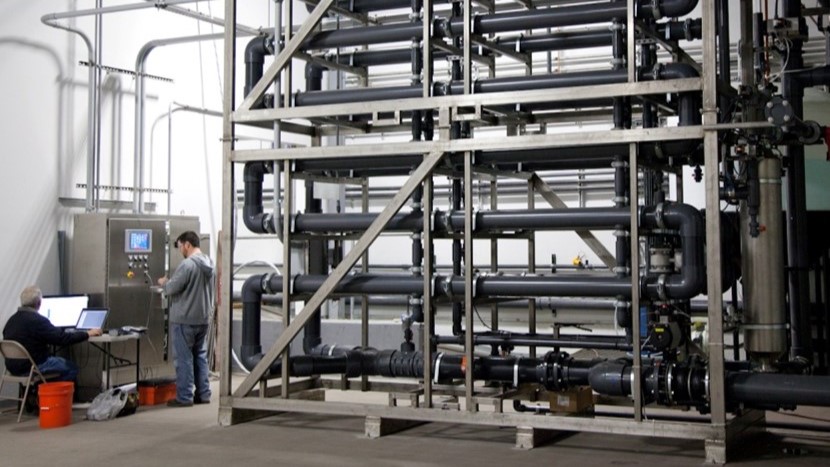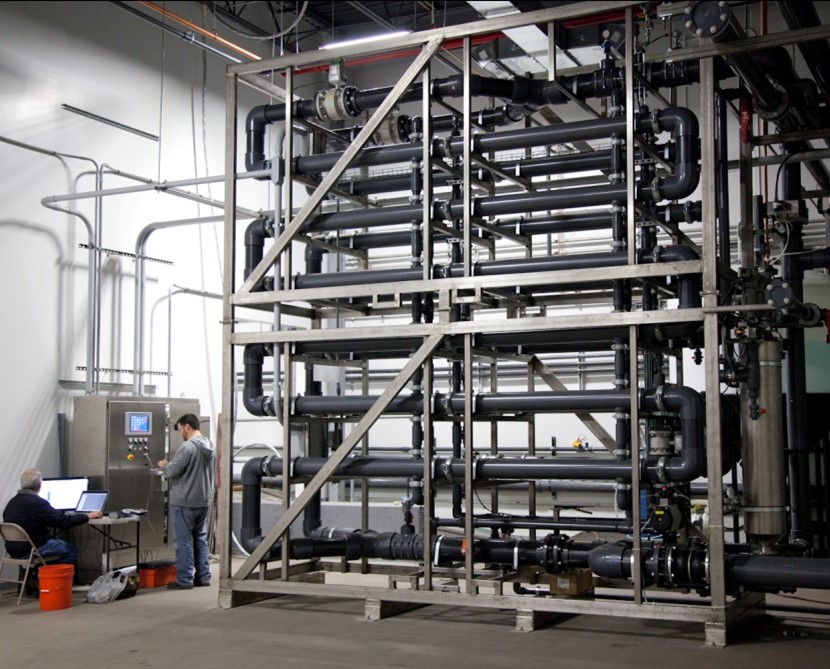The food and beverage industry faces unique challenges in wastewater management, with each sector generating distinct types of effluent.
Effective treatment is crucial for both environmental compliance and operational sustainability, as the diversity of pollutants requires industry-specific solutions.
Common Pollutants
Key pollutants in food and beverage wastewater include:
- Biochemical Oxygen Demand (BOD)
- Chemical Oxygen Demand (COD)
- Total Suspended Solids (TSS)
- Nutrients (nitrogen and phosphorus)
- Inorganic contaminants
- Pathogens and antibiotic-resistant bacteria
These pollutants pose significant environmental risks and necessitate specialized treatment processes to meet stringent regulatory standards and protect sensitive ecosystems.
Industry Sectors
Different sectors within the food and beverage industry, such as dairy processing, meat processing, and beverage production, generate wastewater with unique characteristics. This diversity necessitates tailored treatment approaches to effectively manage the specific types of effluent each sector produces. A common theme is the need to reduce BOD and COD from effluent across industries. Other pollutants vary on whether or not they are present.
Advanced Treatment Technologies
To address these challenges, several advanced treatment technologies are commonly employed:
- Dissolved Air Flotation (DAF)
- Membrane Bioreactor (MBR)
- Moving Bed Biofilm Reactor (MBBR)
- Reverse Osmosis (RO)
- Sequencing Batch Reactor (SBR)
These technologies can be used individually or in combination, depending on the specific characteristics of the wastewater. By selecting the appropriate technology or combination thereof, facilities can achieve significant reductions in pollutants, ensuring compliance with environmental regulations.
Case Study: Kraft Heinz
A recent project with Kraft Heinz exemplifies the effectiveness of these advanced treatment solutions:
- Challenge: The company needed to meet new permit limits while accommodating increased production capacity.
- Solution: Kraft Heinz implemented a comprehensive wastewater treatment system that included an equalization tank, screening, and a Moving Bed Biofilm Reactor (MBBR).
- Results: The facility achieved effluent quality well within permit limits, with BOD levels below 250 mg/L and TSS levels below 5 mg/L.
This case study illustrates how a tailored wastewater treatment strategy can address complex challenges, ensuring regulatory compliance while supporting business growth.
Conclusion
Effective wastewater management is essential for the food and beverage industry to protect the environment and comply with regulatory requirements. By implementing advanced treatment technologies and staying informed about emerging contaminants, the industry can achieve efficient wastewater management. This approach not only ensures operational sustainability but also reinforces environmental stewardship.
For a full, in-depth exploration of this topic, including detailed explanations of treatment technologies and additional case studies, visit www.bioprocessh2o.com
References
2 BioProcess H2O. (n.d.). Food & Beverage Wastewater Treatment. Food and Beverage Effluent Treatment




